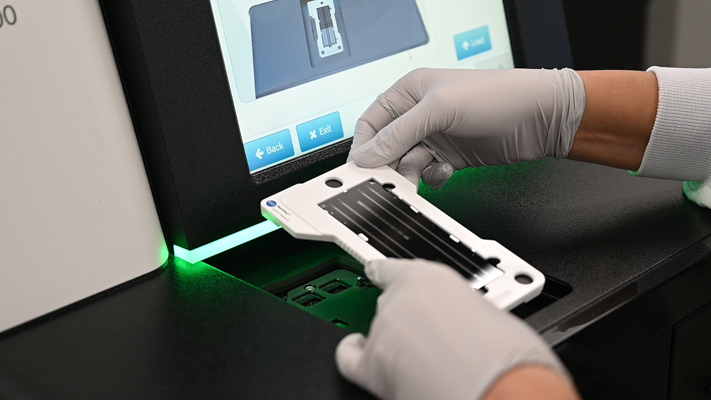Innovative method crucial to understanding toxoplasmosis mechanisms

New research published in Cell Host & Microbe unveils a powerful new method to help understand disease and immune evasion mechanisms of the intracellular Toxoplasma gondii. The study sheds light on the intricate dance between intracellular pathogens and their host cells with an innovative approach combining CRISPR and single-cell RNA sequencing.
This parasite infects a large part of the human population and animals. While most infections are harmless, the parasite poses a severe threat to the immunocompromised and during pregnancy. And still, so much to uncover.
Toxoplasma is predicted to secrete over 200 proteins into the host cell, and most of these proteins’ functions are unknown. The research, led by Moritz Treeck, IGC principal investigator, allowed to describe a function for each protein in changing host cell transcription in human cells in a single experiment. Applying the new method, Dual Perturb-Seq, to Toxoplasma gondii, the research team identified and characterized novel effector proteins secreted by the parasite into the human host cells to change their behavior.
One of the major findings of this study is the identification of an effector, TgSOS1, which is required for changing a key host immune signaling pathway. This discovery highlights the parasite’s pivotal role in reprograming host cell transcription during infection and establishing persistent infection.
Moritz Treeck, corresponding author of the paper, expressed enthusiasm about the study’s potential impact: “The dual perturb-see method not only provides a deeper understanding of host-microbe transcriptional interactions but also offers a versatile tool for investigating a wide range of pathogens. This breakthrough brings us one step closer to unraveling the complexities of infection and developing more effective strategies to combat infectious diseases.”
In the following steps, the research team will expand the experiments to cells of other species to understand how the parasite can infect any warm-blooded animal and make it one of the most successful parasites on earth.
The Wellcome Trust, The Francis Crick Institute, and the Gulbenkian Science Institute funded this project.
See Paper See Press release
